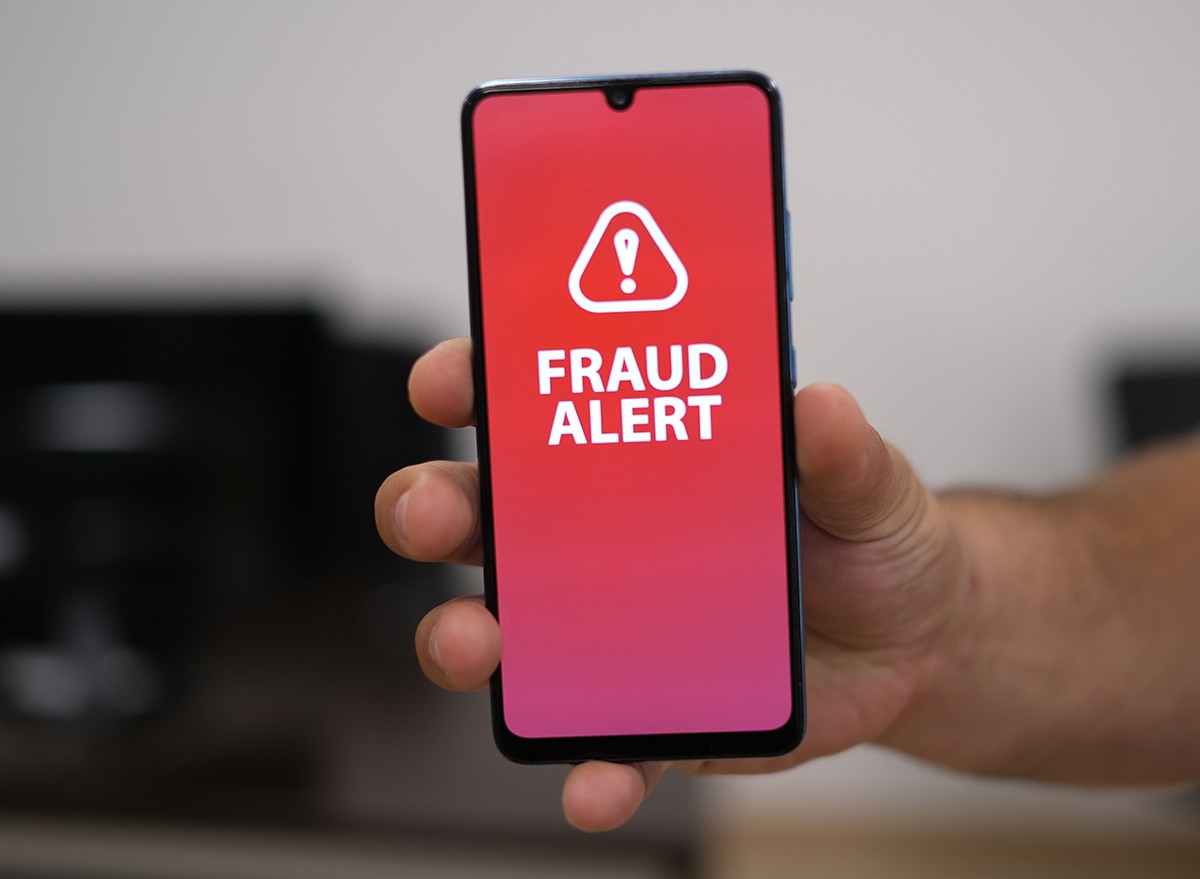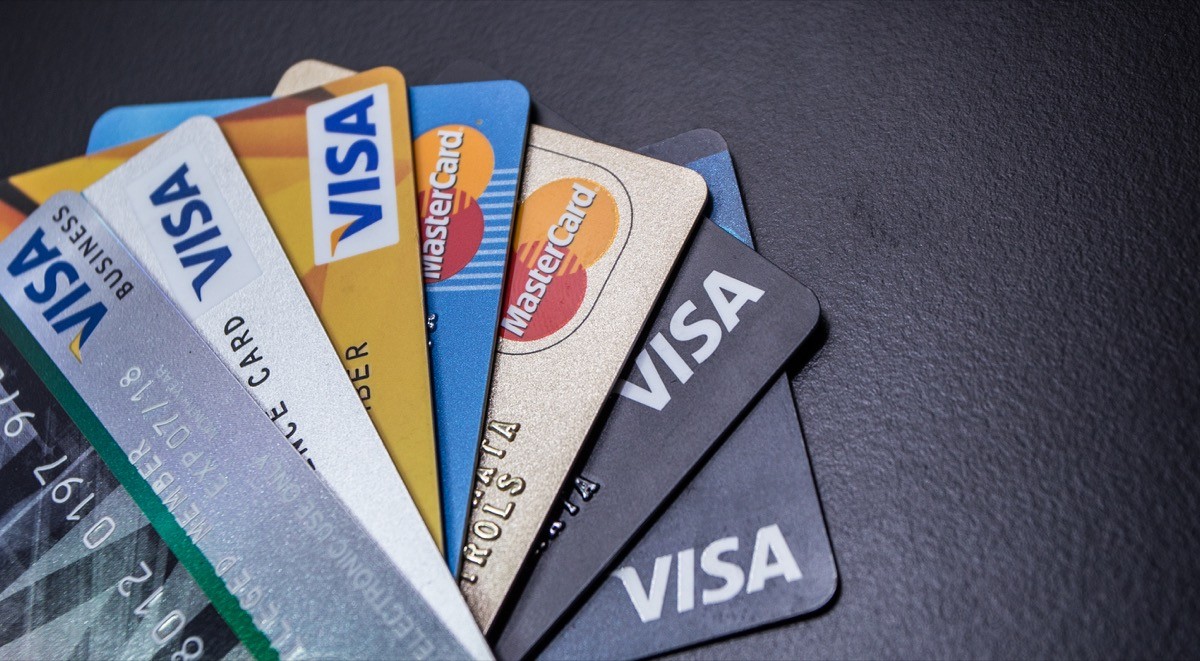Was Your Social Security Number Stolen in Recent Data Breach? Here’s How to Check.

Hackers have leaked the almost 3 billion personal records stolen back in December from National Public Data, a company that aggregates information for background checks. The breach includes full names and alternate names, addresses, date of birth, Social Security numbers, phone numbers, and more.
“There appears to have been a data security incident that may have involved some of your personal information,” says National Public Data (NPD) in a statement earlier this month. “The incident is believed to have involved a third-party bad actor that was trying to hack into data in late December 2023, with potential leaks of certain data in April 2024 and summer 2024. We conducted an investigation and subsequent information has come to light.” Here’s how to check if your information was stolen, and how to protect yourself moving forward.
RELATED: 20 Subtle Signs Your identity Has Been Stolen.
Check If Your Information Was Stolen

Cybersecurity firm Pentester created a tool to help people check if their private information has been compromised. You can find it at npd.pentester.com.
Monitor Your Accounts

Monitor your accounts for unusual activity and check your credit report. “As a first step, we recommend that you closely monitor your financial accounts and if you see any unauthorized activity, you should promptly contact your financial institution,” NPD says. “As a second step, you may want to contact the three U.S. credit reporting agencies (Equifax, Experian, and TransUnion) to obtain a free credit report from each by calling 1.877.322.8228 or by logging onto www.annualcreditreport.com.”
Ask For Fraud Alert

Place a fraud alert to protect yourself moving forward. “It is also recommended that you place a free fraud alert on your credit file,” NPD says. “A fraud alert tells creditors to contact you before they open any new accounts or change your existing accounts. Contact any one of the three major credit bureaus. As soon as one credit bureau confirms your fraud alert, the others are notified to place fraud alerts. The initial fraud alert stays on your credit report for one year. You can renew it after one year.”
RELATED: 5 Quick Ways to Prevent identity theft Online.
Report Any Identity Theft

If you suspect your identity has been stolen, contact the authorities. “Ask each credit bureau to send you a free credit report after it places a fraud alert on your file. Review your credit reports for accounts and inquiries you do not recognize,” says NPD. “These can be signs of identity theft. If your personal information has been misused, visit the FTCs site at IdentityTheft.gov to report the identity theft and get recovery steps.”
Request a Credit Freeze

You may also want to consider placing a free credit freeze. “A credit freeze means potential creditors cannot get your credit report,” says NPD. “That makes it less likely that an identity thief can open new accounts in your name. To place a freeze, contact each of the major credit bureaus at the links or phone numbers above. A freeze remains in place until you ask the credit bureau to temporarily lift it or remove it.”
A Freeze Is More Effective Than a Fraud Alert

Freezing your credit is more effective than just a fraud alert, experts say. “A fraud alert is more of a heads up to lenders, which they can easily ignore. It doesn’t do much in practice,” Odysseas Papadimitriou, CEO of personal finance site WalletHub, tells USA TODAY. “A freeze, on the other hand, stops fraud in its tracks by preventing identity thieves from opening accounts in your name.”